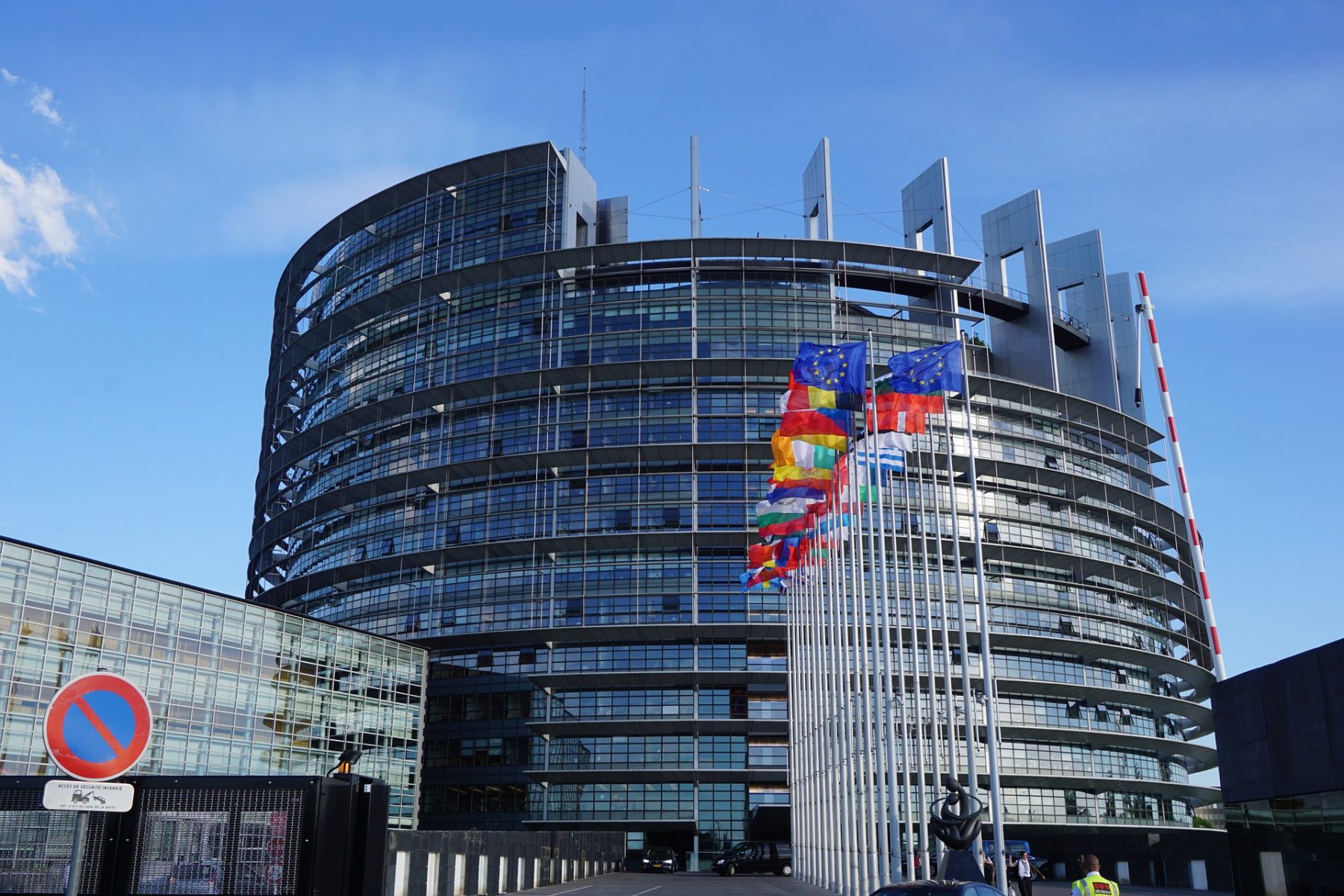Commercial Broadcasters welcome Council Conclusions support for a level playing field, territorial licensing and greater responsibility of Platforms

Download the document
BRUSSELS, 1 DECEMBER 2020. The Association of Commercial Television in Europe (ACT) welcomes today’s validation by Culture and Audiovisual ministers of the Council conclusions on Safeguarding a free and pluralistic media system and fully supports the Council’s objective on the need to safeguard a sustainable, pluralistic and trustworthy media environment. We encourage the Commission to mirror the useful recommendations set out in these Conclusions in its forthcoming proposals as they encapsulate the principles of the comprehensive media policy the ACT calls for. As such we draw attention to the recommendations under each pillar of the Conclusions.
On Sustainability. The Conclusions calls for regulation that delivers a level playing field and addresses structurally uncompetitive outcomes. The Conclusions rightly outline that Broadcasters face asymmetric obligations compared to online platforms, yet both compete for the same media markets. Importantly, the text upholds the principle of territoriality as a key driver of financing. This principle should guide the EC’s actions on the Geoblocking Review process and upcoming Media and AV Action Plan. New innovative business models based on win-win models such as co-productions will help the circulation of works without undermining the foundations of AV financing. Member States rightly outline the need to deliver a Digital Services Act that sets adequate obligations on online platforms without prejudice to users and existing provisions of the recently adopted AVMS and Copyright Directive. This also means a clear recognition of the importance of advertising for Broadcasters. The online advertising markets are critical for European media to grow. Forthcoming digital proposals and ongoing discussions on ePrivacy will require a rethink as to ensure it does not undermine Broadcasters’ ability to generate and develop innovative online models.
On Pluralism. The Conclusions promote the need to encourage better economic terms for the use of content. This is of particular relevance regarding the current transposition of the Copyright Directive and notably the formulation of the Article 17 Guidance. It is also a key subject to ensure proper liability provisions based on the active nature of platforms in the Digital Services Act which should be guided by the principle of what is illegal offline should be illegal online. Importantly, the text recalls that the Charter of Fundamental Rights sets freedom of expression, freedom of the media and media pluralism on the same level. These are complementary rights that do not stand in the way of addressing the discriminatory practices of large online gatekeepers and the need for greater transparency, access to data and oversight, including on algorithms. This sets a clear mandate for the Commission in view of its upcoming Digital Markets Act to promote a set of measures to ensure unfair practices are banned. We encourage and commend the common call to enable media service providers to form partnerships in order to compete effectively against large online platforms. To that effect, a structured dialogue via a European Media Forum that provides a “holistic policy perspective” is welcome.On Trustworthiness. The Conclusions rightly identify the consequences of onlinedisinformation and resulting erosion of the democratic discourse; recognising the need to promote trusted media as part of the solution set. To this end, we express support for an upgrade of the Code of Practice on online disinformation which remains unsatisfactory on transparency and point to the need for a co-regulatory regime. Measures that should be reflected in the European Democracy Action Plan to enhance transparency, KPIs and an incentivising sanction regime. This should recognise the major responsibility of global online platforms to tackle disinformation; and the role/needs of regulatory agencies to ensure proper oversight. ACT looks forward to working with all institutional partners in these forthcoming discussions that will shape the media environment for years to come.

